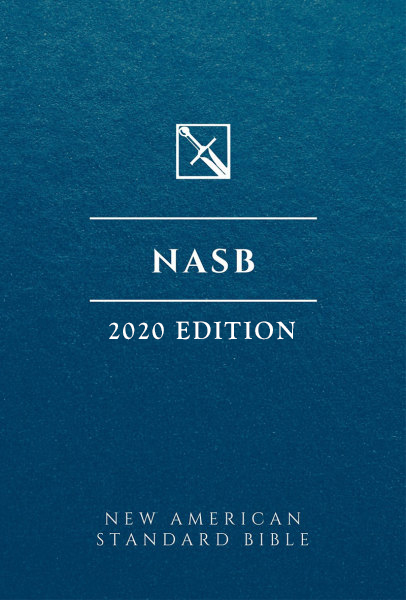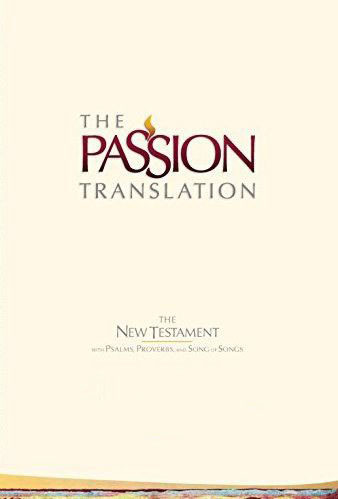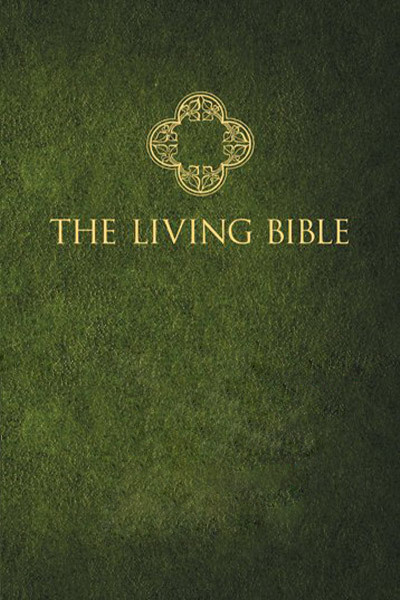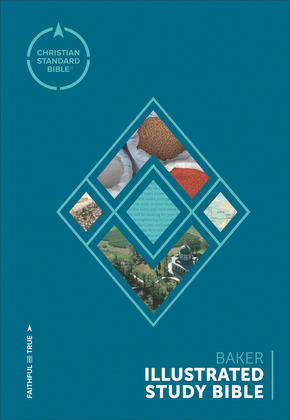Olive Tree Account
Olive Tree Account


Forgot Password
Enter the email address associated with your Olive Tree account to reset your password
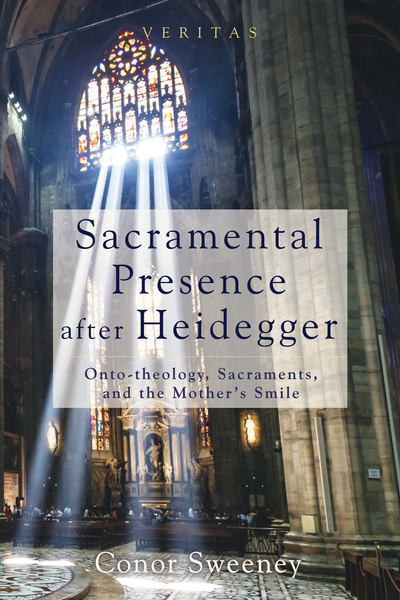
Available for:
iPad, iPhone, Android, Mac, and Windows.
Features
Click on a feature to learn more.
Did your resource mention a passage of Scripture, but you can't remember what the verse says? Never fear! Tap the linked verse and a pop-up window will appear, giving you quick and easy access to the verse in context.
Sacramental Presence after Heidegger
For the Olive Tree Bible App
Author: Conor Sweeney
Publisher: Cascade Books

Sacramental Presence after Heidegger
For the Olive Tree Bible App
Author: Conor Sweeney
Publisher: Cascade Books
Available for:
iPad, iPhone, Android, Mac, and Windows.
Features
Click on a feature to learn more.
Did your resource mention a passage of Scripture, but you can't remember what the verse says? Never fear! Tap the linked verse and a pop-up window will appear, giving you quick and easy access to the verse in context.
Description
Theology after Heidegger must take into account history and language as constitutive elements in the pursuit of meaning. Quite often, this prompts a hurried flight from metaphysics to an embrace of an absence at the center of Christian narrativity. In this book, Conor Sweeney explores the "postmodern" critique of presence in the context of sacramental theology, engaging the thought of Louis-Marie Chauvet and Lieven Boeve. Chauvet is an influential postmodern theologian whose critique of the perceived onto-theological constitution of presence in traditional sacramental theology has made big waves, while Boeve is part of a more recent generation of theologians who even more wholeheartedly embrace postmodern consequences for theology. Sweeney considers the extent to which postmodernism a la Heidegger upsets the hermeneutics of sacramentality, asking whether this requires us to renounce the search for a presence that by definition transcends us. Against both the fetishization of presence and absence, Sweeney argues that metaphysics has a properly sacramental basis, and that it is only through this reality that the dialectic of presence and absence can be transcended. The case is made for the full but restless signification of the mother's smile as the paradigm for genuine sacramental presence.
Available for:
iPad, iPhone, Android, Mac, and Windows.
You might also like…
You might also like…




















